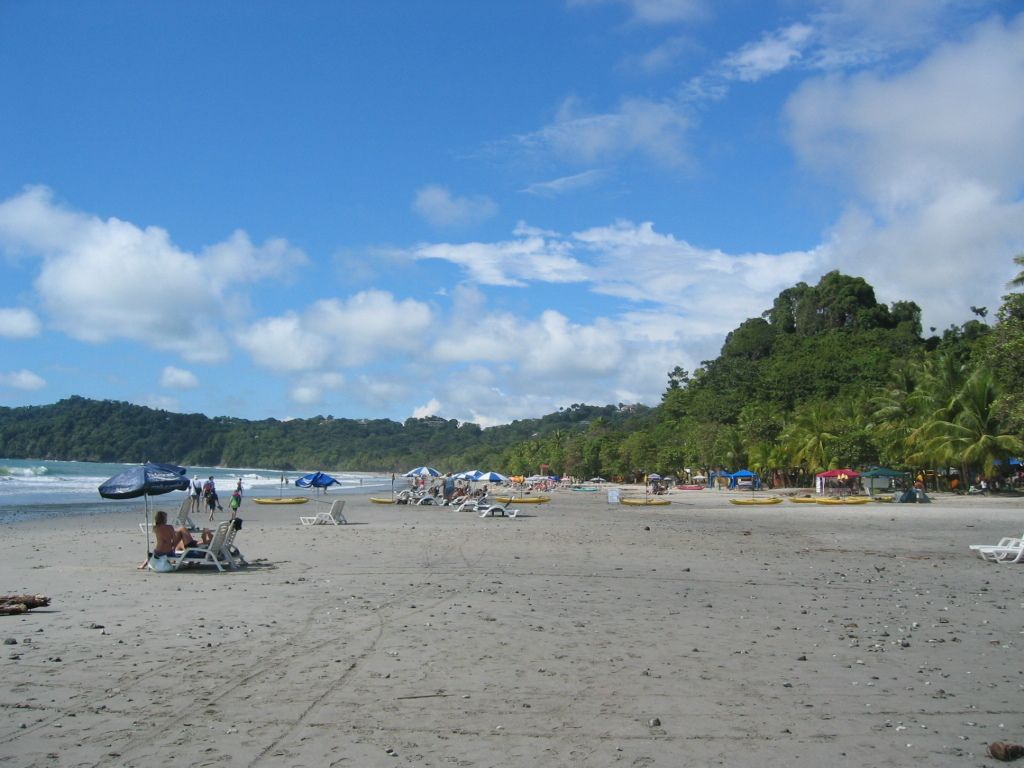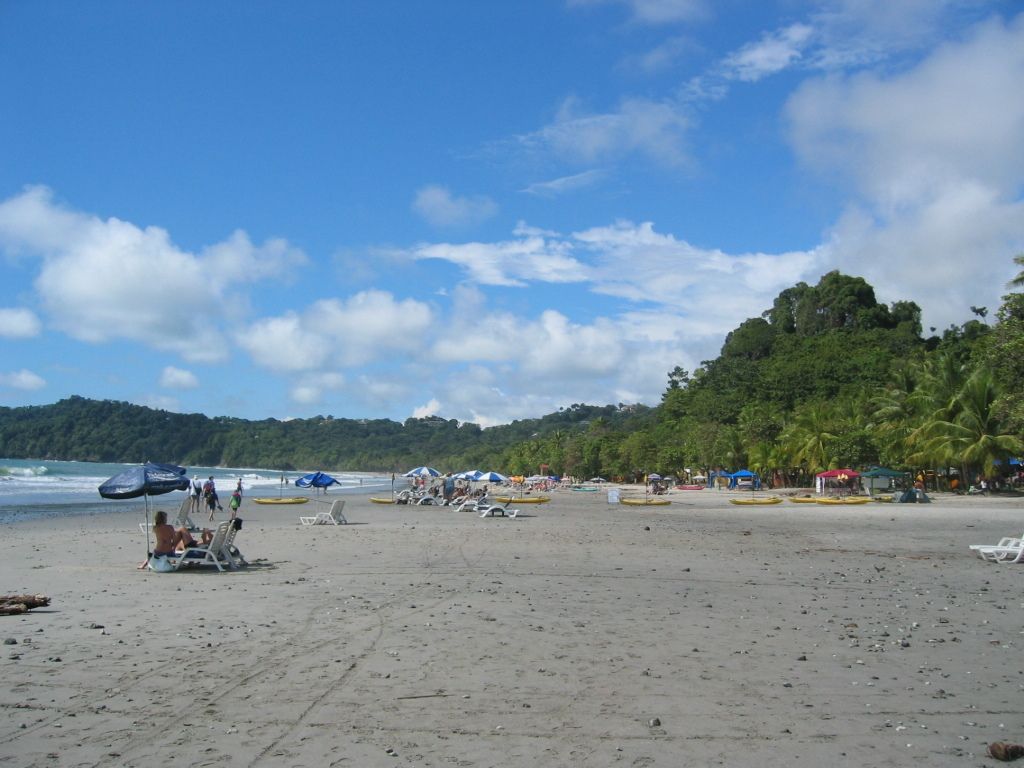Three Americans Freed After Life Sentence in Failed Coup Case, Paving Way for Potential Minerals-for-Security Partnership
Americans repatriated from DR Congo after facing potential execution for involvement in aborted coup
In a surprising turn of events, three American citizens - Marcel Malanga, Tyler Thompson Jr., and Benjamin Reuben Zalman-Polun - have been transferred to the United States following the commutation of their death sentences in a foiled coup case last week. The trio, who were among 37 death row inmates in the Democratic Republic of Congo (DRC), were involved in the failed coup led by Malanga's father, Christian, in 2020.
The putsch ended in a violent standoff with presidential guards, resulting in at least six casualties, including Christian himself and other opposition politicians. The Americans will now serve their life sentences in the U.S., as confirmed by presidential spokesperson Tina Salama.
The repatriation of the Americans to the U.S. has been termed as part of an ongoing effort to bolster judicial diplomacy and international cooperation between the two countries, according to a statement by DRC's presidency.
This move could potentially lay the groundwork for a long-discussed minerals-for-security partnership between the U.S. and DRC, amidst escalating conflict in the resource-rich eastern region between government forces and rebels. The partnership, if realized, would balance U.S. military assistance with access to the DRC's vital mineral reserves.
Last week, DRC President Felix Tshisekedi held discussions with the visiting U.S. Senior Adviser for Africa Massad Boulos and Deputy Assistant Secretary of State for African Affairs Corina Sanders, resulting in an agreement on two key objectives: a lasting peace affirming the territorial integrity of the DRC and strengthening economic ties, including private sector investment in the mining sector.
The Minerals-for-Security Partnership: A Brief Overview
The minerals-for-security partnership is driven by geopolitical tensions, economic interests, and regional instability. The DRC, rich in minerals such as cobalt, copper, tantalum, and more, plays a crucial role in advancing technologies. The U.S., aiming to reduce its reliance on China for these resources, seeks to partner with the DRC to achieve this goal.
In addition to addressing security challenges in the DRC, such as the ongoing conflict with the M23 rebels, the partnership also aims to counter China’s influence in the DRC’s mining sector. The partnership could foster peace, create economic growth opportunities, and promote stability, but it also carries potential risks of military entanglement and complex geopolitical dynamics.
- The Conditional Clemency and Its Implications: The repatriation of the Congolese trio, Marcel Malanga, Tyler Thompson Jr., and Benjamin Reuben Zalman-Polun, following the commutation of their death sentences, could potentially strengthen the ongoing negotiations for a minerals-for-security partnership between the United States and the Democratic Republic of Congo (DRC).
- Africa's Geopolitical Shifts: The successful transfer of the Americans from the DRC to the U.S. demonstrates a significant shift in the relationship between the two countries, a movement that could be indicative of the growing geopolitical focus on Africa, with the minerals-for-security partnership as a potential example.
- Clemency and the Path to a Secure Future: The ongoing discussions between DRC President Felix Tshisekedi and U.S. officials, resulting in an agreement on strengthening economic ties and promoting peace, underscore the need for clemency in the failed coup case and serve as a stepping stone towards a more secure and prosperous future, including the possible realization of the minerals-for-security partnership.








